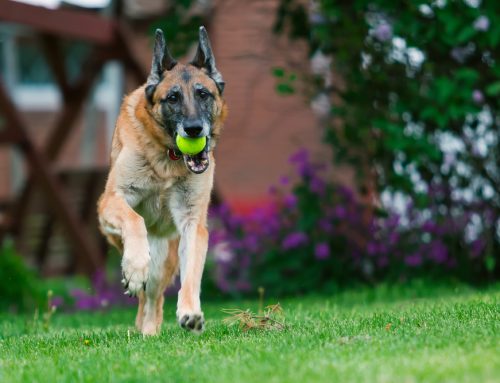 As pets age, their nutritional needs will change. Just as a puppy or kitten requires a special diet for rapid growth, a senior pet diet may also need to factor in certain health and lifestyle changes.
As pets age, their nutritional needs will change. Just as a puppy or kitten requires a special diet for rapid growth, a senior pet diet may also need to factor in certain health and lifestyle changes.
Typically, many senior pets struggle with weight gain due, in part, to their inability to exercise as much as when they were younger. From mobility challenges to decreased energy, senior pet food should support the overall health and wellness of an aging pet.
Define “Senior”
With advancements in veterinary medicine and a focus on preventive care, pets are now living much longer lives. In fact, what constitutes “senior” or “geriatric” is now a bit amorphous, particularly if your four-legged is still quite active and in good health.
Generally speaking, however, most pets are considered senior when they reach 6-7 years of age. Exceptions include cats and small dogs, as they tend to live longer than larger breeds.
For some pet owners, making the switch to a senior supportive diet can be confusing. That’s why at Billings Animal Family Hospital, we personalize our dietary recommendations to encompass age, along with lifestyle and current health status.
Why do Seniors Need Diet Adjustments?
Just as with people, pets undergo several changes in their health as they age. For example, what makes a sweet-natured older dog so mellow, may also cause him or her to become less active. As a result, seniors need more frequent trips to the vet and adjustments to their daily care needs – most notably in the areas of diet and exercise.
Some common problems older pets experience include:
- Arthritis and other degenerative joint diseases
- Vision and/or hearing loss
- Increased risk of diseases (e.g., heart disease, kidney disease, cancer)
- Loss of muscle
- Increased risk of accidents/injuries
- Dental disease
- Reduced energy
- Behavioral and cognitive changes
Although this list may be worrisome, the good news is that many of these conditions can be managed or slowed down with nutritional support.
Components of a Senior Pet Diet
One of the first adjustments most senior pet diets address is calorie reduction. Because seniors don’t expend as much energy as their youthful counterparts, they require fewer calories per day. That’s why it is important to observe correct meal portions and avoid overindulging your adorable senior pet.
In addition, senior pet diets are balanced to ensure all nutritional requirements are met. This includes ample proteins, fats, carbohydrates, vitamins, and other minerals that are necessary to good health. Since many older pets suffer from constipation, senior diets tend to increase fiber intake as well.
Because there are many senior pet foods on the market, we encourage you to schedule a nutritional consultation to discuss your pet’s specific needs. There are many great diets and supplements that we recommend – particularly for pets with health conditions.
Don’t hesitate to give us a call!






